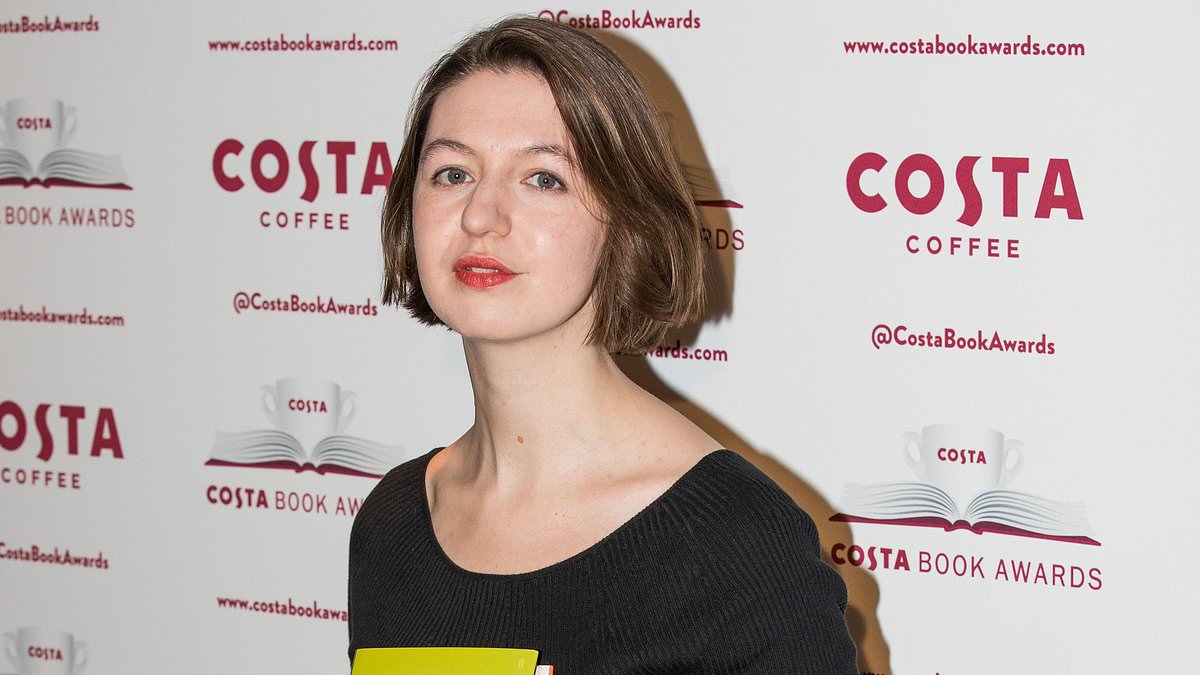
Acclaimed Irish novelist Sally Rooney, known for her bestsellers Normal People and Conversations with Friends, has publicly pledged her financial support to the proscribed organisation Palestine Action. The author revealed her stance through an article published in The Irish Times, expressing her willingness to use proceeds from her book sales and BBC adaptations to aid the group’s initiatives.
Sally Rooney’s Bold Declaration
Rooney, 34, stated, “If this makes me a ‘supporter of terror’ under UK law, so be it.” This comes in response to the British government formally banning Palestine Action under the Terrorism Act 2000, with penalties of up to 14 years’ imprisonment for anyone providing financial assistance, membership, or support to the group. The organisation was proscribed following a high-profile event earlier this summer when members caused £7 million worth of damage to military aircraft at RAF Brize Norton.
Author Plans to Use BBC Royalties for Activism
Her internationally acclaimed novels, which enjoy significant circulation in the UK, and their adaptations by the BBC, have generated residuals that Rooney now promises to channel toward the group’s endeavors. Rooney noted, “I intend to use these proceeds of my work… to go on supporting Palestine Action and direct action against genocide in whatever way I can.” This statement has sparked widespread discussion about the implications of such support under the country’s anti-terrorism laws.
Legal and Political Ramifications
Palestine Action was officially proscribed in July 2025 after a vote in both Houses of Parliament, making any association or support for the group a criminal offense. The ruling has already led to the arrest of over 700 individuals, including attendees of demonstrations in Parliament Square. Despite the ban, supporters have continued protests with signs declaring, “I oppose genocide. I support Palestine Action.”
Rooney’s involvement was highlighted during a High Court hearing where Palestine Action’s co-founder, Huda Ammori, tried to challenge the proscription. Legal representative Blinne Ní Ghrálaigh expressed concern over the far-reaching ramifications this decision might have for public figures like Rooney, asking whether the Prime Minister would denounce her as a supporter of terrorism and how this might impact her working relationship with institutions like the BBC.
Public and Critical Responses
The move to ban Palestine Action has drawn criticism from prominent voices, including Sir Jonathon Porritt, former environmental adviser to the King, who labeled the measure as “standard authoritarian tactics.” Meanwhile, arrests connected to the organisation continue to mount, with law enforcement agencies pursuing charges against dozens of protestors in recent weeks.
When approached for comment, Rooney’s UK publisher, Faber & Faber, chose not to provide a statement. The polarising issue has sparked intense debates about free speech, activism, and the limits of lawful dissent, positioning Sally Rooney at the centre of a growing controversy.
Sally Rooney’s choice to support Palestine Action has raised questions about the intersection of art, activism, and the boundaries imposed by anti-terrorism legislation, leaving the global literary community and the public divided.






